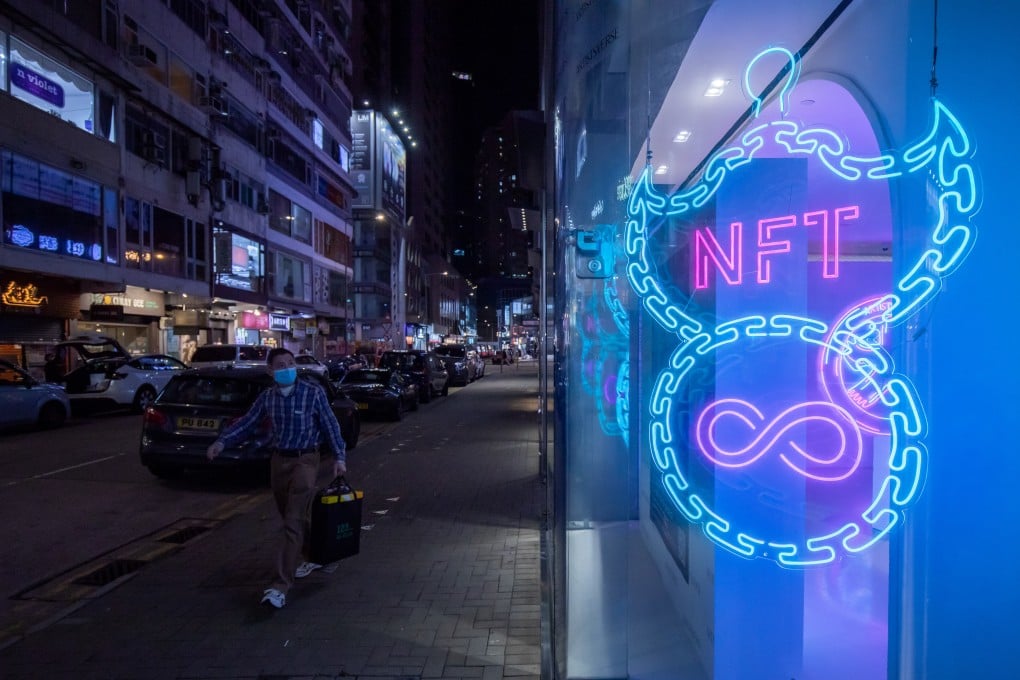Chinese student says valuable NFT was stolen in phishing scam, revealing a thriving digital token investor community on the mainland
- The stolen work, from the popular Doodles collectible NFT project, made up roughly half the value of his entire NFT assets, the student told the Post
- Last weekend, 17 OpenSea users had NFTs worth a combined US$1.7 million stolen in a separate targeted phishing attack

A Chinese college senior, who admits to going “all in” on non-fungible tokens (NFTs), has revealed how he lost a half-a-million-dollar asset in a phishing scam, in a case that has revealed the extent of mainland China’s thriving NFT investor community despite Beijing’s scrutiny of the sector.
As an emerging and unregulated investment field, NFTs are seeing a sharp increase in fraud, with at least a dozen NFT owners around the world reporting stolen assets after a phishing attack.
Niq Chen, a final year student at Shanghai’s Tongji University, said on group messaging app Discord that he lost a rare NFT worth 200 ether (ETH), or US$548,000, on Monday through a scam link.
Chen said NFT marketplace OpenSea disabled the buying and selling of the stolen asset after his request, but by then it had already been sold by the thief to another user, who claims they did nothing wrong.
A major in industrial design, Chen became well known in China’s NFT community after writing “all in on NFTs” when filling out a university survey form that solicited students’ career choices. The Chinese government has banned cryptocurrency trading and mining, and OpenSea is not available to users in mainland China.
Regardless of the ban, there is still a community of mainland investors who are putting faith and money into overseas NFT platforms. Chen also sells his own NFT artworks on OpenSea with a collection titled LuckyCot 3D.
The stolen work, from the popular Doodles collectible NFT project, made up roughly half the value of his entire NFT assets, Chen told the South China Morning Post.
In January, one of the world’s biggest NFT collectors, Pranksy, bought one of the Doodles collectibles for 296.69 ether, which at the time was worth the equivalent of US$1.12 million.